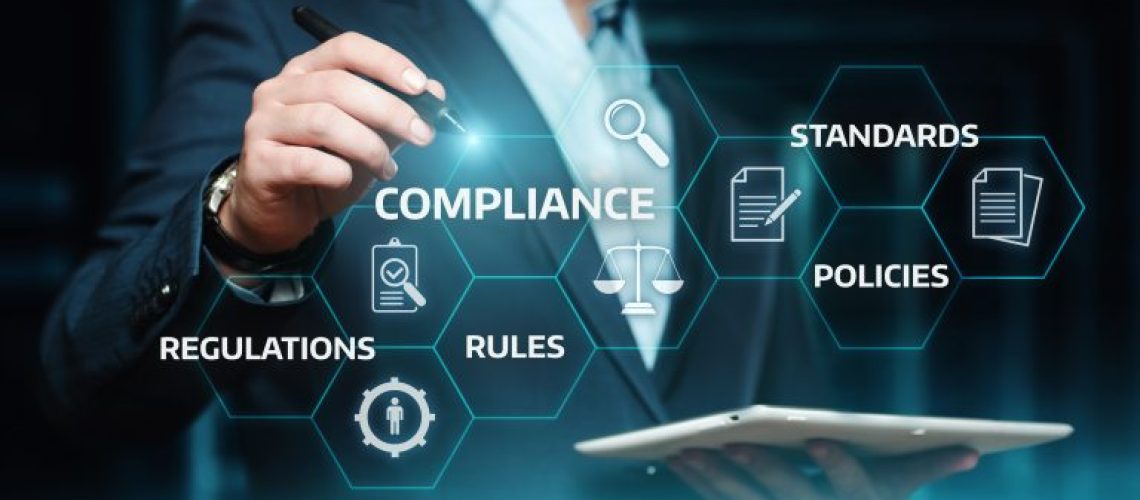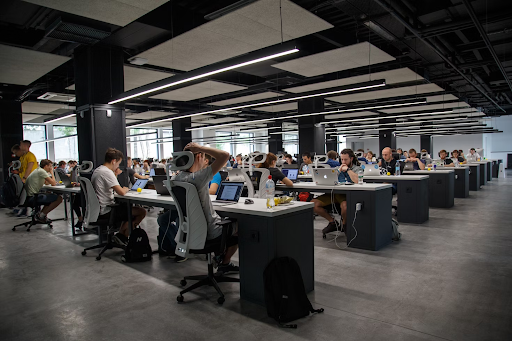Running a car wash may seem straightforward to customers who drive in, get a wash, and leave with a sparkling vehicle. However, behind the scenes, car wash businesses are complex operations that involve equipment, chemicals, employees, and regulatory obligations. Among the most critical aspects of running a successful car wash is ensuring compliance with labor laws and maintaining a safe environment for employees. This responsibility often falls heavily on Human Resources (HR), whether that’s a formal HR department in a larger operation or an outsourced partner for smaller businesses.
Compliance and safety are not just checkboxes on a to-do list—they are essential to protecting employees, minimizing legal risks, and building a stable workforce. For car wash owners, understanding HR’s role in these areas can make the difference between long-term success and costly mistakes.
The Importance of Compliance in Car Wash Operations
Car washes often employ a mix of full-time, part-time, and seasonal workers. This makes compliance with labor regulations more complicated than in industries with consistent staffing structures. HR professionals must stay informed about local and federal labor laws, ensuring that employees are correctly classified, scheduled fairly, and paid appropriately.
Failing to comply with wage and hour laws can have serious consequences. For example, if overtime pay is overlooked or employees are denied mandatory breaks, the business could face fines, penalties, or lawsuits. These legal issues are not only expensive but also damaging to a company’s reputation. In smaller businesses, word spreads quickly, and a single labor dispute can discourage talented workers from joining or staying with the company.
Compliance also extends to proper documentation. Accurate employee records, safety training logs, and certifications must be maintained to demonstrate that the business is following the law. In the event of an audit or workplace incident, these records provide vital protection for the company.
HR’s Role in Creating a Safe Workplace
Compliance is only one side of the equation. Safety in the workplace is equally important—particularly in car wash environments, where employees regularly handle chemicals, high-pressure hoses, moving machinery, and wet surfaces. Without careful planning, these conditions can quickly lead to accidents.
HR plays a central role in setting safety policies and ensuring they are followed. This includes:
- Developing safety guidelines tailored to car wash operations, covering everything from chemical handling to machine operation.
- Providing personal protective equipment (PPE) such as gloves, goggles, and non-slip shoes.
- Conducting regular training to keep employees informed about hazards and the correct procedures for handling them.
- Scheduling safety drills and inspections to ensure both preparedness and compliance with Occupational Safety and Health Administration (OSHA) standards.
A safe environment not only reduces the likelihood of accidents but also signals to employees that the company values their well-being. In an industry known for high turnover, this can become a significant factor in improving retention. Workers who feel safe and respected are more likely to stay loyal to the company.
The Role of High-Quality Equipment
When thinking about compliance and safety, policies and training often take center stage. However, the quality of equipment used in a car wash is equally critical. Outdated, malfunctioning, or poorly maintained machinery creates significant risks for employees.
For instance, an old conveyor belt system could cause injuries if it doesn’t stop properly, or a faulty pressure washer could expose workers to dangerous levels of water pressure. Similarly, leaking or improperly stored chemical dispensers can result in hazardous exposure.
Investing in high-quality equipment from National Carwash Solutions reduces these risks. Modern systems are designed with safety features that minimize hazards, making day-to-day tasks safer for employees. Beyond preventing accidents, reliable equipment reduces downtime, improves efficiency, and reassures employees that their work environment is taken seriously.
Here, HR can collaborate with operations and management teams to ensure that regular maintenance schedules are in place and that safety inspections are documented. By bridging the gap between employee concerns and management decisions, HR ensures that equipment-related safety issues are addressed quickly and effectively.
Communication: HR as the Bridge Between Employees and Management
Safety and compliance efforts only succeed when communication flows freely across the organization. Employees need a trusted channel for voicing concerns about unsafe conditions or unclear policies. HR acts as that bridge, providing an outlet for employees to raise issues without fear of retaliation.
Establishing clear reporting procedures—such as anonymous reporting tools or designated HR contacts—empowers employees to share potential hazards before they escalate into accidents. Regular feedback sessions and visible responses from management further build trust, demonstrating that employee safety is more than a policy on paper.
When HR fosters open communication, employees become active participants in maintaining a safe and compliant workplace. This culture of accountability benefits everyone, from the entry-level attendant to upper management.
Balancing Business Goals with Employee Protection
Car wash businesses often operate on tight margins, with high competition and seasonal fluctuations in demand. It can be tempting for owners to cut corners on compliance training, equipment maintenance, or staffing levels in order to save costs. However, these short-term savings almost always create bigger problems down the road.
HR’s role is to ensure that business goals and employee protection are not at odds. By advocating for fair scheduling, adequate staffing, and safe conditions, HR helps businesses avoid costly mistakes while still meeting operational goals. In fact, compliance and safety often lead to greater efficiency: fewer accidents mean less downtime, lower insurance premiums, and stronger employee morale.
Conclusion
In the car wash industry, compliance and safety are more than regulatory obligations—they are essential components of a sustainable business model. HR serves as the backbone of these efforts, ensuring labor laws are followed, safety policies are enforced, and employees have the resources they need to thrive.
Importantly, investing in high-quality equipment and maintaining open communication channels between employees and management strengthen these efforts, creating an environment where workers feel protected and valued.
For car wash owners, prioritizing compliance and safety is not just about avoiding fines or accidents. It’s about creating a workplace where employees feel respected, supported, and motivated to deliver excellent service. In a competitive industry, that commitment can set a business apart, building both a loyal workforce and a satisfied customer base.
Guest writer


























